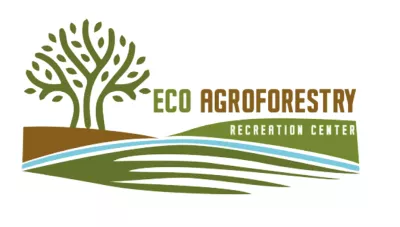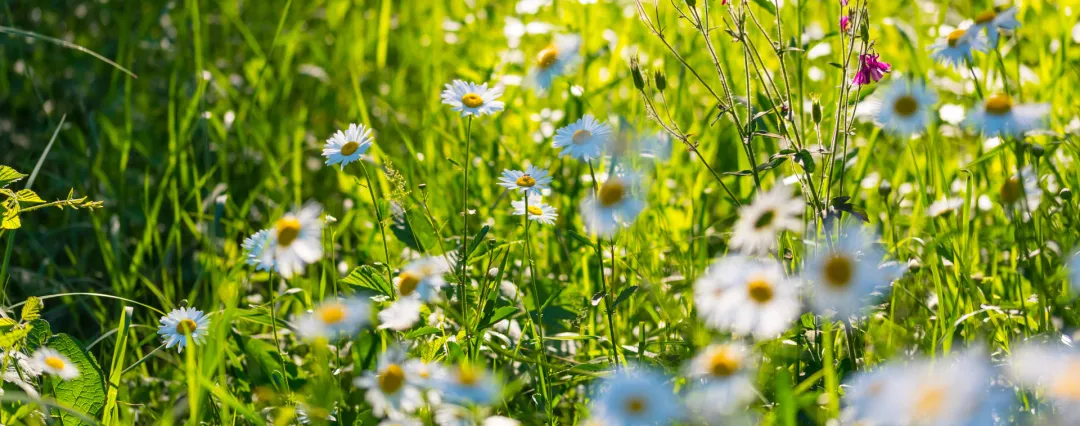General information
RDP Priority
- P6. Social inclusion and local development
RDP Focus Area
- 6B: Local development
RDP Measure
- M19: LEADER/CLLD
Beneficiary type
- Non-profit organisation
Summary
The project promoter was the association Eco Agroforestry Centre (EAC) in Linnarhult, Sweden. It was established with the aim to increase knowledge and take action in agroforestry by simultaneously fostering healthy living and social integration of local disadvantaged community groups.
The European Agricultural Fund for Rural Development (EAFRD) funded project supported the development of a centre, including the creation of a café business, various meeting spaces and numerous activities. This included community gardening, tree planting and farm animal keeping according to agroforestry methods. Courses and activities were also offered in a wide range of agroforestry topics. To disseminate relevant information, a virtual platform was established with numerous social media outlets. Extensive collaborative actions with relevant stakeholders strengthened the building of community and learning, which enhanced the quality of EAC as an agroforestry centre. As a sign of success, the EAC continued to operate after the project was completed.
Results
- Three physical meeting places were created. These included a café business that became a space for offering courses and activities, a community garden and a playground for children.
- Two new leisure and cultural activities were established.
- Three new collaborations and seven new virtual meeting spaces were created.
- A local cross-cultural community and a physical and virtual meeting place were created.

Promoter
Eco Agroforestry Centre (EAC) Linnarhult
Funding
RDP support: 700 208 (SEK)
Resources
Documents
Links
Context
Logging occurs at a high rate around the world, which is an escalating environmental and climate problem. In 2017, the non-profit association Eco Agroforestry Centre (EAC) was founded in Linnarhult, a rural area northeast of Gothenburg in Sweden. The seven multi-national founding members wanted to mitigate these developments by supporting reforestation actions to create a more sustainable future. The EAC also aimed to address the unhealthy life situations of many immigrants, unemployed and people with disabilities in Linnarhult and to create a meeting place which facilitated social integration.
The group members went on a course in agroforestry, learning about the method of combining forestry and woody edible plants with agriculture. This was followed by their interest in disseminating the acquired knowledge, raising interest and testing the new working methods in environmental and climate-friendly cultivating systems like agroforestry. To strengthen their knowledge base and foster an exchange of experience, the EAC developed a partnership with organisations such as Planta Panta Tree and Hope for Sustainable Forests.
The EAC was able to lease 27 hectares of land in Linnarhult to implement their vision. The land was located between two segregated and socio-economically troubled areas. Therefore, it became important to create a local community which welcomed people from different nationalities and backgrounds, with various abilities and disabilities.
The idea was to create a meeting place around a common interest, such as agroforestry, through which social integration could be enhanced and possibilities offered to increase independence and healthy living among underrepresented groups.
Objectives
The overall aim of the project was to create a community and a meeting place for agroforestry, social inclusion, events, education, and eco-tourism by establishing a regional destination centre that strengthens the cultural life and success of the rural area.
The operational objectives focused on finding new forms of collaboration that would promote social inclusion while raising interest in agroforestry practices and building relevant capacities for an increasing number of people, thereby increasing personal development among participants.
The plan was to use agroforestry techniques to increase the quality of leisure activities and, at the same time, increase biodiversity in the region of Gothenburg.
The project promoters were keen to test new working methods and develop business within regenerative agriculture and ecotourism. They considered it important to become a financially independent association.
Activities
The project activities encompassed a comprehensive range and foremost included the organisation of leisure activities such as outdoor living, gardening, keeping farm animals (sheep, goats, hens and doves), beekeeping, barbecue, house construction and carpentry. In addition, courses were offered covering themes including agroforestry, gardening techniques and methods, building fences, grafting trees, willow braiding, handicraft, community-based tourism, insect hotel building, farm animal keeping, designing and art activities.
Further activities involved planting diverse fruit trees in the region of Gothenburg.
On-site, the project opened a centre for improved accessibility and a café facility. It also created a café business serving organic food and built a playground.
In terms of communication and promotion, the project created a virtual platform consisting of three Facebook groups, one Instagram account, WhatsApp for members, Zoom for virtual meetings and a website to publish information regularly about EAC activities in Linnarhult.
Collaboration was a further important part of the project activities, reaching out to and engaging with 15 actors, including two universities, one school and 12 associations.
To effectively build on existing expertise, the project established a reference group consisting of 12 representatives knowledgeable in agroforestry.
Main results
- A total of three physical meeting places were created. This included one café business which became a space for offering courses and activities, one community garden and one playground for children.
- A new technique was introduced: agroforestry as a method of cultivation.
- Two new leisure and cultural activities were established.
- Three new collaborations and seven new virtual meeting spaces were created.
- The project has become a centre for knowledge dissemination and activities in agroforestry and social inclusion. An increasing number of participants have developed relevant capacities. A local cross-cultural community and a physical and virtual meeting place were created.
- Project participants reported health improvements, and local residents' increased interest in the green area of the EAC and its activities had been noted.
- EAC continued its work after the project's completion and a number of cultural activities were planned. These included developing an area for young people to share their artistic expressions, creating eco-tourism facilities, further developing accessibility, including the playground, and building a greenhouse and a research centre.
Key lessons
- Success is demonstrated by the continued work of the EAC. This success happened because the project filled a need of the local community. It offered meaning and enabled action and learning about sustainable environment and society.
- Important factors for building a sense of community were, for example, eating sustainable food together, letting people initiate activities by themselves, not demanding things from participants/members and welcoming everyone.
- Getting more people involved in volunteering was key to success.
- A further recommendation is to divide the project into sub-projects to enhance its effectiveness and impact.
- Financing difficulties were challenging for the project. Leaders let wages go to the association and sometimes had to pay for project expenses from their own private resources.
